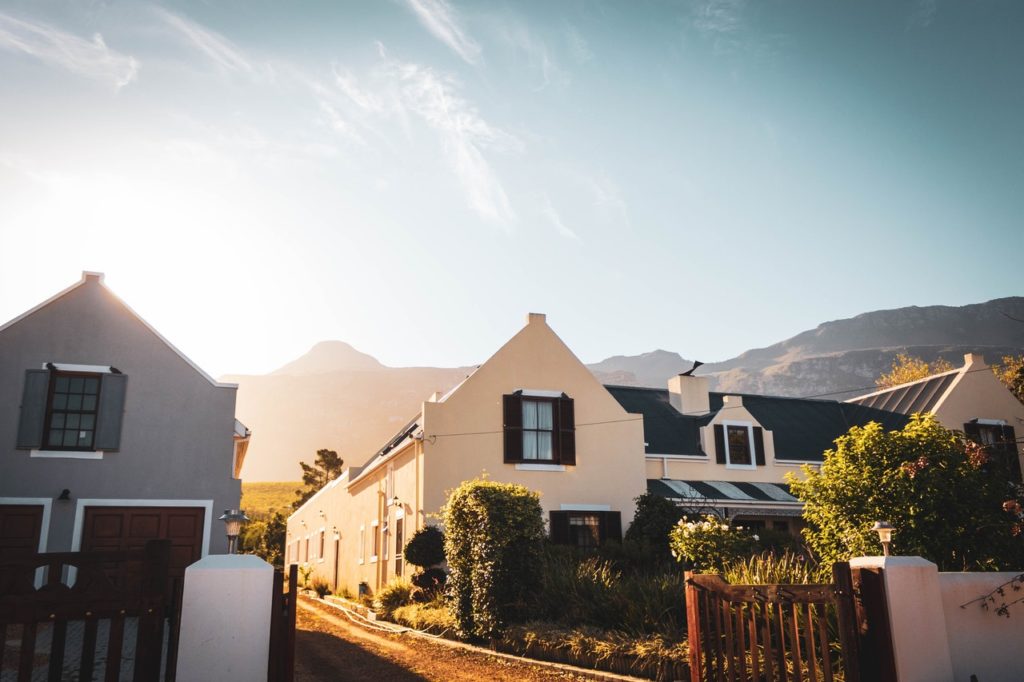Buying a home isn’t as simple as walking into a store and coming out with a set of house keys. This major investment requires careful financial planning and property selection.
When you have plans to buy the residential property of their dreams, you need to remember one important rule: know exactly how much house you can afford. Not following this important piece of advice can cause you to become house poor.
House Poor: What Does This Mean?
House poor, also known as house rich, cash poor, is a financial term that describes an individual who spends a huge proportion of their total income on homeownership costs. These expenses include monthly home mortgage payments, utilities (water, electricity and gas), maintenance and repair work, property taxes and insurance.
Individuals who are house poor are often short on cash. They often have difficulty paying for discretionary expenses and financial obligations, such as car payments and student loans.
When you buy a home, your house-related expenses should not exceed 25 percent of your take-home pay. If you have no other outstanding debts (and have no plans of going into debt), you could bump up this figure to 30 percent. If you exceed these numbers, you could wind up as a house rich, cash poor individual.
Why People Become House Poor
A person may become house poor if their life circumstances change unexpectedly. The economy, for instance, could spiral into a recession and cause them to lose their jobs or get a cut on their take-home pay. People who experience a decrease in income may struggle in paying off their financial obligations.
An individual may also become house rich, cash poor if they dive into homeownership without considering their overall financial situation. These people look at the mortgage payments and fail to take into account other related costs, such as moving expenses, association fees (for those buying a property in a planned community), taxes and utilities.
Allowing the lender to decide how much house a homebuyer can afford is yet another reason for becoming house poor. There’s no rule requiring buyers to purchase a house that uses up the entire approved mortgage amount. An example is buying a $400,000 house when the lender approves the home buyer for $400,000. This scenario is a fast ticket to becoming house rich, cash poor.
Signs that You’re House Poor
Many homeowners fall into the trap of buying a house that’s too expensive to sustain. They pursue the American Dream of Homeownership only to realize that the costs of homeownership are way over their heads.
Want to know if you’ve fallen into this trap? Here are red flags indicating that you’re house rich, cash poor:
Saving Money is Next to Impossible
A clear sign of being house poor is having a restricted cash flow. The home that you just bought is making you live from paycheck to paycheck. This situation prevents you from setting aside money to pay off debt, build an emergency fund, place money on other investment vehicles and contribute toward retirement.
Your House is Preventing You from Achieving Your Overall Life Goals
Owning a home is just one goal. You could have other goals that you haven’t fulfilled yet, such as traveling the world, paying for the education of your children, buying your dream car and enjoying early retirement.
When you’re house rich, cash poor, you’ll have difficulty meeting your other life goals. Your home mortgage is holding you back in life and preventing you from pursuing other life interests. The funds that will help you achieve your other goals in life are going toward your monthly mortgage payments and other house-related expenses.
You’re Unable to Manage Your Debts Effectively
When you’re spending a large chunk of your earnings on your house, you may find yourself using credit cards or loans to finance basic expenses, such as food and medications. If you’re relying too much on loans and cards to get you through the month, your debt will pile up quickly.

